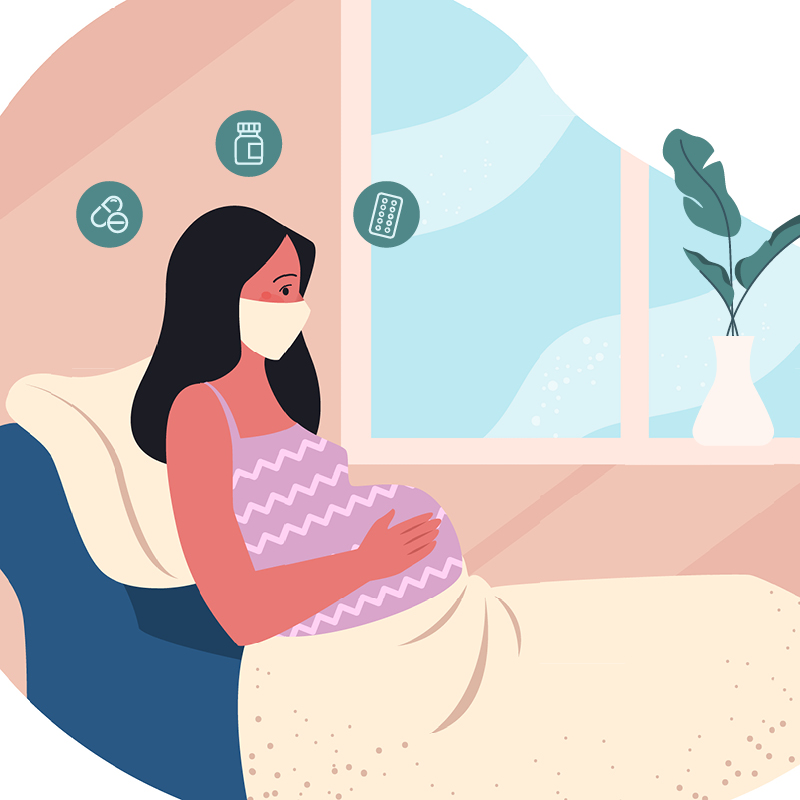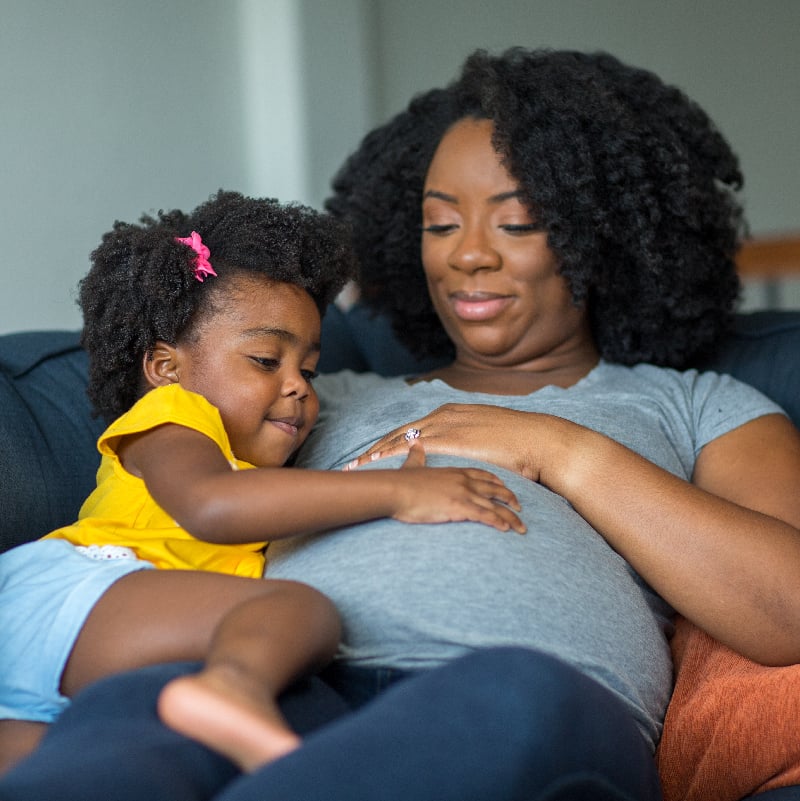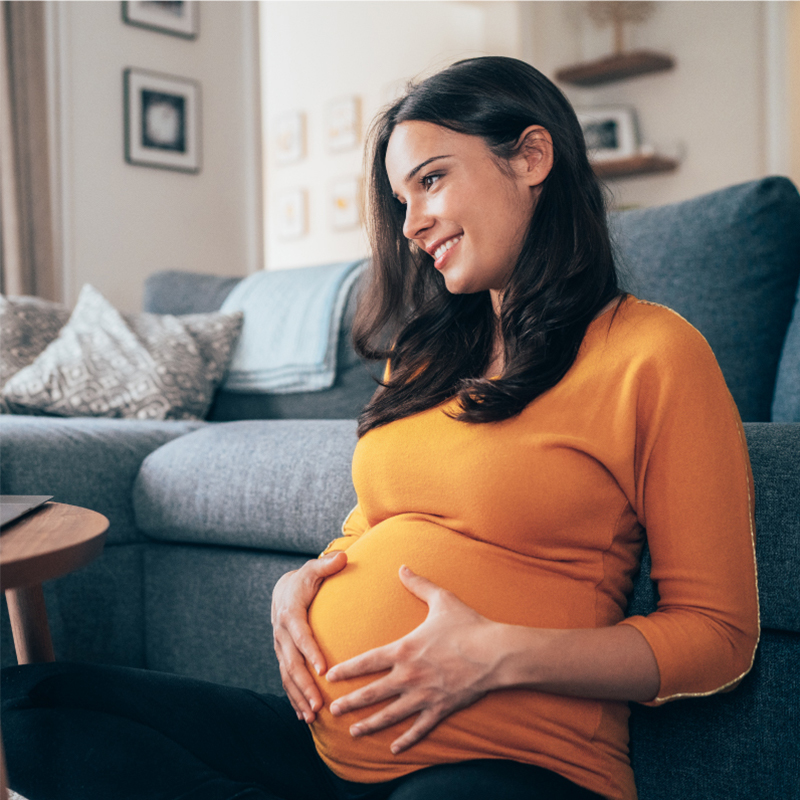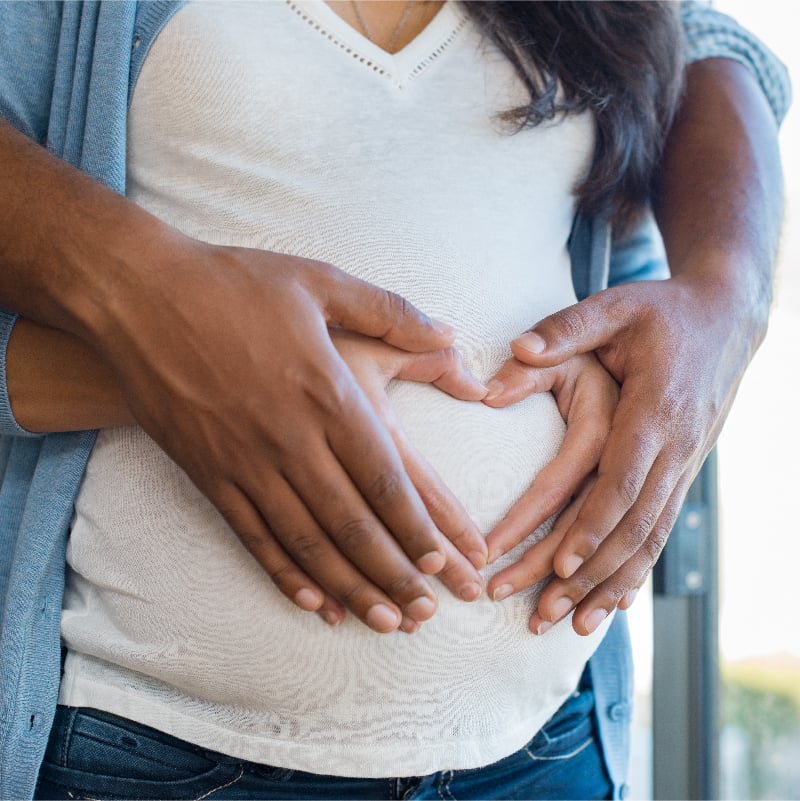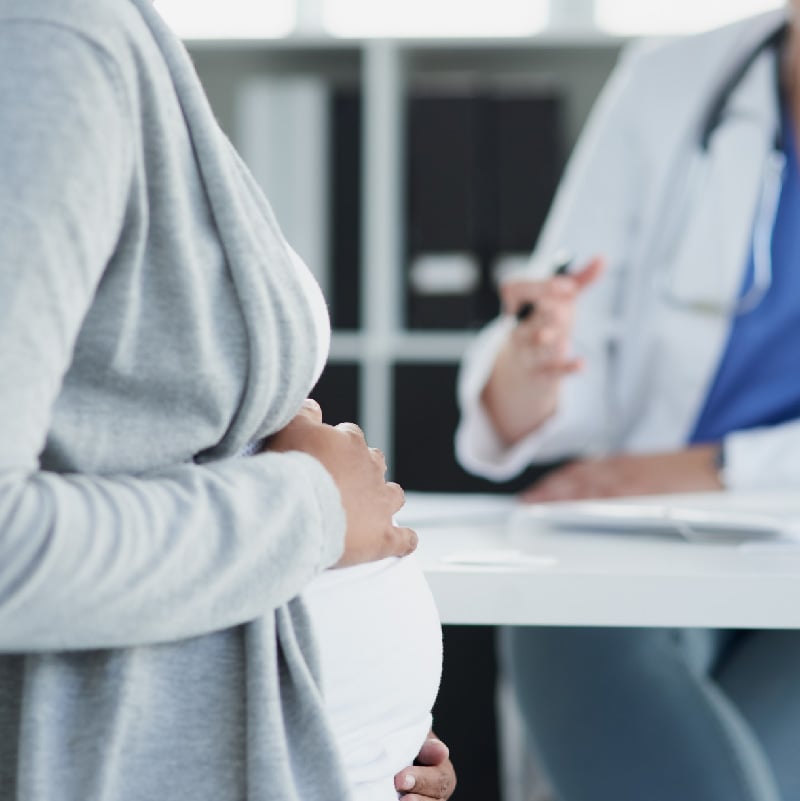For some women, having unprotected sexual intercourse is a cause for concern. Safe and effective emergency contraception is available in these situations – often at little to no cost.
Rebecca Alicandro, MD, is an OBGYN provider with Rochester Regional Health and explains how emergency contraception works, different options that are available, and where to find it.
How emergency contraception works
As a method of birth control, emergency contraception is used to prevent pregnancy after unprotected sexual intercourse. This can happen in a number of ways, including
- if your usual form of birth control failed
- if you did not use birth control correctly
- if you had unprotected sex against your will
There are different methods available – both in pill form and as an implantable device.
The pill form of emergency contraception prevents or delays ovulation – the process of an egg being released from the ovary in order to be fertilized. An implanted uterine device (IUD) works by interfering with the function of a woman’s fallopian tubes and the male sperm, preventing the egg and sperm from coming together.
Available options
In pill form, the most widely-known emergency birth control is levonorgestrel, commonly known as Plan B One-Step®. Levonorgestrel should be taken within 72 hours (3 days) of having unprotected sex. When used correctly, it prevents approximately 97-98 percent of pregnancies.
Research by the CDC notes Plan B is not as effective in women who have a body mass index (BMI) higher than 30. In this case, women should ask their primary care provider about other forms of emergency contraception. BMI can be determined through the CDC’s Adult BMI Calculator.
A second emergency contraception pill – ulipristal acetate – is available under the name ella®. This pill can be used within 120 hours (5 days) of having unprotected sex. When used correctly, this prevents approximately 98 percent of pregnancies.
Another option is having an IUD implanted by a doctor. In order to be successful, an IUD should be implanted within 120 hours (5 days) of having unprotected intercourse.
The copper IUD is FDA approved for emergency contraception and is proven to be the most effective method. Research shows IUDs prevent more than 99 percent of pregnancies.
Doctors do not recommend using emergency contraception pills as a method of regular birth control. This has not been tested and could result in harmful health consequences.
“Once you have used emergency contraception, wait two to three weeks for your regular period to arrive,” Dr. Alicandro said. “If this window of time goes by and you have not had your period yet, take a pregnancy test to make sure it worked.”
Side effects
Most of the side effects for emergency contraception pills are mild and may include:
- Nausea
- Headaches
- Mild abdominal cramps
- Mild fatigue
- Irregular bleeding for one to two weeks
Using an IUD is intended to be a long-term form of contraception, and may cause irregular bleeding for a brief time after placement. If using a copper IUD, women will resume their regular periods after placement, but some women’s periods may be slightly heavier compared to before the IUD was placed.
“These methods are safe for everyone – even for patients who cannot take other types of birth control for various health reasons,” Dr. Alicandro said.
Cost of emergency contraception
Women who choose to have a copper IUD placed will need to schedule an appointment with their OBGYN, meaning it will be covered under their insurance.
Only levonorgestrel is available over-the-counter; both this and ulipristal acetate are available by prescription and cost approximately $40-50. However, both pills are also covered by insurance, so there will be minimal to no cost if either is prescribed.
Common myths
Some women may be hesitant to use emergency contraception because they have been told that using emergency contraception methods causes an abortion. This is untrue.
Emergency contraception is a method of medical treatment used to prevent pregnancy – not end pregnancy. If a woman uses it and there is already a pregnancy, emergency contraception will not disrupt the pregnancy or harm the fetus.
Another common misconception suggests women have their fertility impacted after using emergency contraception. A 2018 systematic review and meta-analysis of nearly 15,000 pregnant women disproves this claim – showing that women are not any less likely to become pregnant later on after using emergency contraception.
Where to find emergency contraception
Most pharmacies carry generic and brand versions of emergency contraception for over-the-counter purchases.
Levonorgestrel, both generic and brand name, is available over the counter at chain pharmacies such as CVS, Walgreen, Walmart, and Kinney Drugs, as well as through prescription. Ella requires a prescription but may be slightly more difficult to obtain since fewer pharmacies carry it compared to levonorgestrel.
“There is a relatively small window of time to use emergency contraception after having unprotected sex – 3-5 days,” Dr. Alicandro said. “The general rule is the sooner you use it, the better chance you have of it being effective.”


